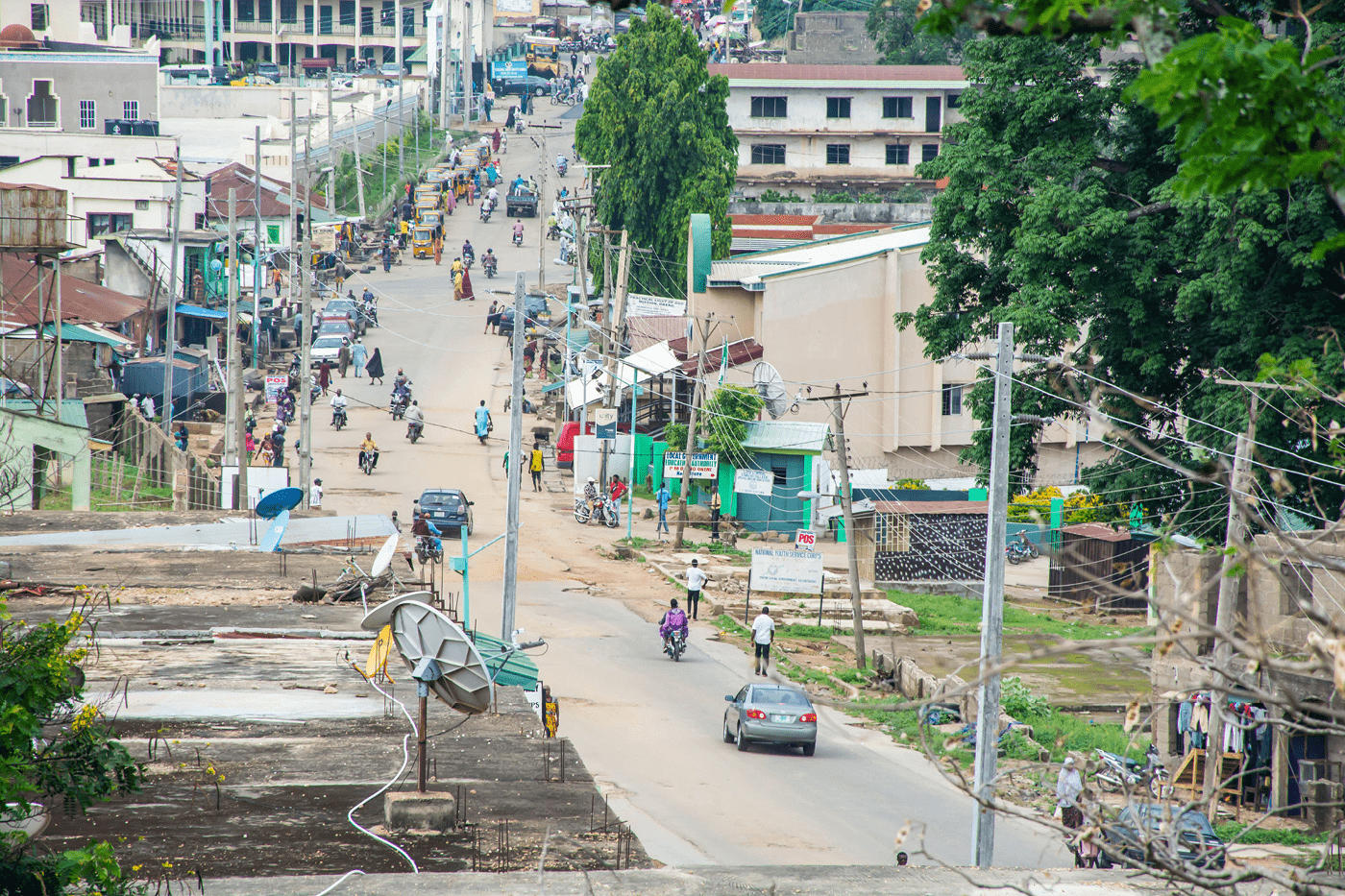Nigeria’s economy faces a significant hurdle as annual inflation rose to 22.41% in May, up from 22.22% the previous month, according to the National Bureau of Statistics (NBS). The country’s largest contributors to inflation were food and non-alcoholic beverages, dealing a blow to savings and incomes. The Central Bank of Nigeria responded by raising interest rates to their highest level in nearly two decades.
Inflation has been a persistent concern for Africa’s largest economy, straining the financial stability of its citizens. To compound matters, the central bank recently made a dramatic move by liberalizing foreign exchange trading, resulting in a devaluation of the official naira rate by over a third. This move aims to address the mounting pressure on the country’s exchange rate and foster a more flexible currency market.
Within the inflation basket, food inflation climbed to 24.82% in May, surpassing the 24.61% recorded in April. The NBS attributes this rise to the increased prices of essential commodities such as oil and fat, yam and other tubers, bread and cereals, fish, potatoes, fruits, meat, and vegetables. These soaring food prices are placing additional strain on households and further eroding their purchasing power.
The central bank has identified several factors driving the high inflation rate, including rising energy costs, insecurity in food-producing areas, and exchange rate pressures. The combination of these challenges has created a complex economic landscape for Nigeria’s new president, Bola Ahmed Tinubu. Since taking office after a disputed election in February, Tinubu has swiftly prioritized unifying the exchange rate and eliminating costly subsidies.
Market sentiment has responded positively to Tinubu’s swift actions, with expectations that they will bring stability and alleviate some of the economic concerns. However, high inflation, weak economic growth, and widespread insecurity remain pressing issues that require urgent attention.
As Nigeria grapples with its inflationary pressures, effective policy measures and proactive economic management will be crucial to restore stability and foster sustainable growth. The nation’s economic trajectory hinges on addressing these challenges and implementing prudent strategies to regain investor confidence and uplift the livelihoods of its citizens.



